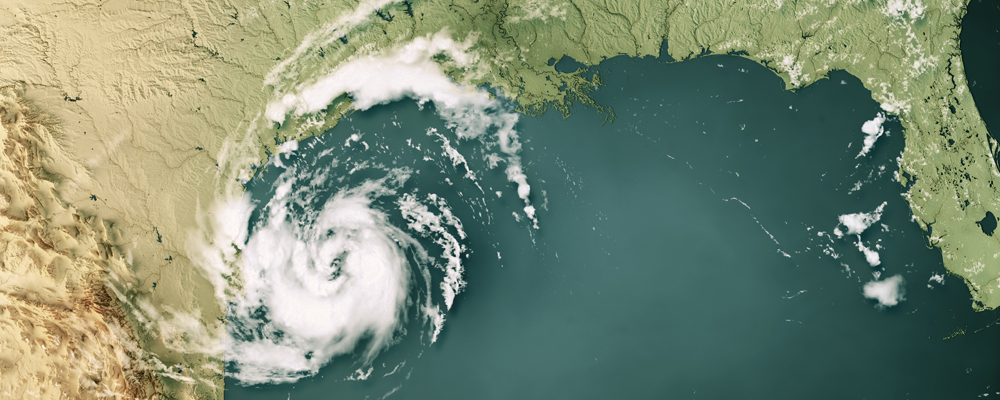The IRS has announced significant tax relief measures for individuals and businesses in 67 Texas counties affected by Hurricane Beryl. Taxpayers in these counties now have an extended deadline until February 3, 2025, to file various federal individual and business tax returns and to make any necessary tax payments.
The article below addresses:
- Which counties are covered and eligible taxpayers
- Relief requests
- Deadline information
- Penalty abatement
- Tax treatment of relief payments, casualty losses, and other relief
Covered Disaster Area & Affected Taxpayers
Following a disaster declaration by the Federal Emergency Management Agency (FEMA), residents and businesses in the following counties qualify for tax relief:
|
|
|
The 67 designated counties are considered a covered disaster area under Treasury Regulation §301.7508A-1(d)(2), making eligible taxpayers those defined under §301.7508A-1(d)(1). This includes:
- Individuals and businesses within the area
- Taxpayers with necessary records in the area
- Relief workers
- Any individual killed or injured due to the disaster
The relief includes extensions for filing various tax returns and performing time-sensitive acts due between July 5, 2024, and February 3, 2025.
Automatic & Manual Relief Requests
The IRS will automatically identify and apply relief to taxpayers located in the disaster area.
Those who reside or conduct business outside the designated area but are affected should call the IRS disaster hotline at 866-562-5227 to request relief. Tax preparers with clients outside the disaster area can use bulk requests for disaster relief as outlined on the IRS website.
Additional relief may be available for retirement plan or IRA participants, including special disaster distributions and hardship withdrawals. Each plan has specific rules and guidance.
Taxpayers contacted by the IRS for collection or examination should inform the IRS of how the disaster impacts them to receive appropriate consideration.
Extended Deadlines
Deadlines falling on or after July 5, 2024, and before February 3, 2025, are extended to February 3, 2025.
This extension applies to:
- Individual tax returns. Taxpayers with a valid extension for their 2023 returns, originally extended to October 15, 2024, will now be due February 3, 2025. Note that tax payments related to these returns, which were due on April 15, 2024, do not qualify for an extension.
- Business tax returns. Businesses with original or extended due dates, such as calendar-year partnerships and S corporations whose extensions run out on February 16, 2024, and calendar-year corporations with extensions expiring on October 15, 2024, now have until February 3, 2025, to file.
- Quarterly estimated tax payments. Payments due on September 16, 2024, and January 15, 2025, are now due on February 3, 2025.
- Quarterly payroll and excise tax returns. Returns normally due on July 31, 2024, October 31, 2024, and January 31, 2025, are now due February 3, 2025.
Penalty Abatement
Penalties on payroll and excise tax deposits due between July 5, 2024, and July 22, 2024, will be abated if the deposits are made by July 22, 2024.
If taxpayers receive late filing or payment penalty notices for deadlines within the postponement period, they should contact the IRS using the number on the notice to request abatement.
Tax Treatment of Relief Payments, Casualty Losses & Other Relief
Qualified disaster relief payments are generally excluded from gross income.
Affected taxpayers in a federally declared disaster area can claim disaster-related casualty losses on their federal income tax return for either the year the event occurred or the prior year.
Individuals may deduct personal property losses not covered by insurance.
The IRS will also waive fees for copies of previously filed tax returns for affected taxpayers, who should use FEMA disaster declaration number 4798-DR on relevant forms.
Learn More
Eligible individuals can get free tax help:
For more details, taxpayers can visit IRS.gov or contact the tax team at PBMares.





